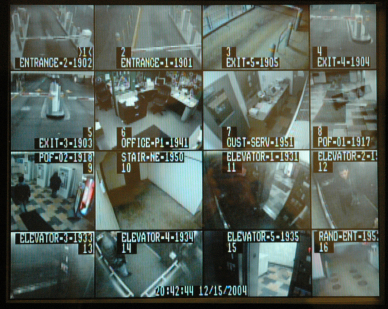
When a criminal record has been expunged or vacated, in most situations, a person does not have to disclose their previous record in situations like apartment rentals and/or job applications. However, there are a few exceptions that exist.
Each state has its own expungement law and process to remove criminal convictions from your record. It is important to know what types of criminal charges are eligible for consideration. In some states, it depends on the final adjudication of the criminal case you were involved in or the type of case. Typically misdemeanor charges are included in state expungement statutes but some states include felony convictions as well. Each state also has its own state law about which records (court records, or public records like police reports) need to be expunged if the court grants your request.
Also, some states have an alternative practice that shields criminal history from public view online versus expunging prior convictions. This shielding process does not remove the criminal offense from your record but keeps it from being seen on the internet.
The following are five situations that may require you to disclose an expungement, depending on where you live: 1) Applying for a state-issued professional license. If you’re pursuing a license to practice law in any state, you are required to disclose your expungements. Other state-licensed professions may also fall under this exception, so it may be wise to consult a local criminal defense attorney who’s familiar with the laws of your state and licensure requirements. 2) Applying for a law-enforcement job. Disclosure is required for a federal law-enforcement position, such as with the FBI, as well as positions with some other federal government agencies. In some states, you must also disclose expungements if you want to be a local police officer, or even work as support staff with law enforcement agencies. 3) Applying for a school-related job. Some states require expungement disclosure for any job at a school, public or private. Other jobs that involve close contact with children may also require disclosure. 4) Buying a firearm, or applying for a concealed carry permit. This may seem logical, but not every state requires it. If it’s required where you live for eligibility to own a firearm or have a permit, you’ll see it on the permit application. 5) Applying for public office. You may not be a crook, but you will likely be required to disclose all expungements if you choose to run for any level of elected office, such as governor, city council member, or even dog catcher (if that’s an elected office where you reside).
If you or a loved one is in a bind as a result of a criminal charge (malicious mischief or otherwise), immediately contact a Seattle Criminal Attorney. A Criminal lawyer is not going to judge you and understands that everyone makes mistakes. Hiring a Seattle Criminal Lawyer to help can – at a minimum – reduce penalties and can help direct people on how to best deal with their criminal charge, and many times even get them dismissed. So, it should go without saying that someone cited for a misdemeanor or felony should hire a qualified Seattle Criminal Lawyer as soon as possible. Criminal charges can cause havoc on a person’s personal and professional life. Anyone charged with a crime in Washington State should immediately seek the assistance of a seasoned Seattle Criminal Lawyer. SQ Attorneys can be reached at (425) 359-3791 and/or (206) 441-0900.


